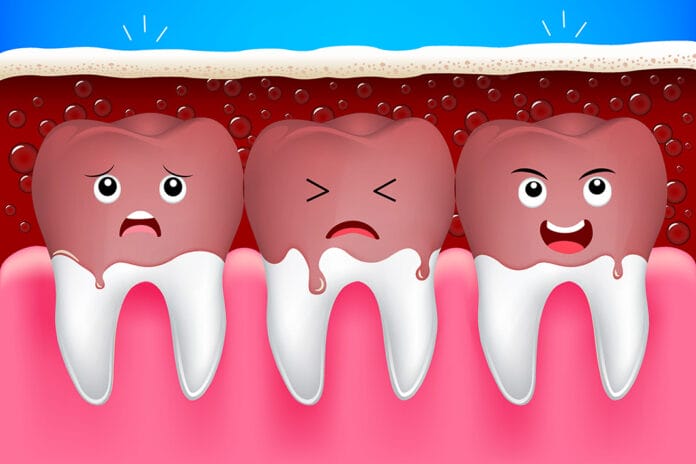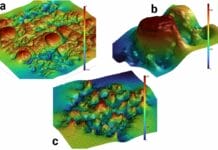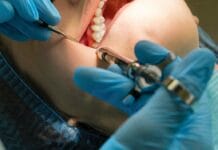According to data from 2019 compiled by Statista, Mexico and the United States lead the world with the highest carbonated soft drinks consumption. Millions of people suffer from tooth decay, heart disease, and other serious health issues as a result of their daily intake of sugary beverages. Now there is research detailing the mechanical and morphological changes that occur in dental enamel due to soft drinks. The article, titled “Nanoscale effects of beverages on the enamel surface of human teeth: An atomic force microscopy study,” was published in the Journal of the Mechanical Behavior of Biomedical Materials.
A Closer Look at Enamel
Teeth are formed by intricate layers of enamel, dentin, and pulp. Enamel is the thin outer covering of the tooth created by calcified crystalline calcium phosphate. The extremely durable substance is stronger than bone because its main purpose is to protect the sensitive tissue and nerves underneath.
Enamel is translucent and very porous, which means that when a patient’s dentin becomes discolored, it is visible to the naked eye. Poor dental hygiene, coupled with a diet filled with sugary soft drinks, coffee, and other acidic foods, can eventually erode the enamel and make their dentin fade from white to yellow or gray.
About the Study
The lead author of the study, Professor Seungbum Hong, formed a research team to look at the lingering effects of sugary beverages on tooth enamel. Hong is an associate professor from the Department of Materials Science and Engineering at Korea Advanced Institute of Science and Technology. He organized the study along with Dr. Chungik Oh and Dr. Panpan Li. Dr. Sangmin Shin from Smile Well Dental, Professor Kack-Kyun Kim, a teaching dentist at the Seoul National University School of Dentistry, and Dr. Suebean Cho from Korea Advanced Institute of Science and Technology also contributed. The study was funded and supported by several government organizations, including the Ministry of Science and ICT, the National Research Foundation, and the KUSTAR-KAIST Institute of Korea.
For the study, Hong decided to examine whether applying atomic force microscopy techniques could uncover the mechanical and morphological changes involved with the early stage of dental enamel erosion caused by soft drink beverages. The microscope provided a quantitative analysis of how acidic and sugary drinks affected human tooth enamel at the nanoscale level.
Atomic force microscopy is a powerful high-resolution scanning probe that can measure and localize materials ranging from glass, ceramics, and polymers to living tissue. After the microscope scans the subject and generates an image, it can precisely measure the structure and mechanical properties as well as the roughness and elastic modulus of any surface.
The group of researchers extracted five healthy human molars from young adult volunteers between the ages of 20 and 35 at the Korea Advanced Institute of Science and Technology Clinic. Next, they cleaned the teeth and placed them in distilled water before immersing it in Coca-Cola®, Sprite®, and Minute Maid® orange juice. The atomic force microscopy equipment measured the surface topography and elastic modulus map.
Data suggests that the tooth enamel became significantly rougher the longer it was immersed in the soft drink. In fact, the enamel surface became five times rougher overall when it was immersed in beverages for 10 minutes at a time. The researchers also noticed the elastic modulus of the enamel surface became five times lower after sitting in the drinks for five minutes.
In Conclusion
Professor Hong came to the conclusion that atomic force microscopy was an efficient technique to closely examine the morphology and mechanical properties of dental erosion at the nanoscale level. Their research also revealed that the surface of the enamel could get scratched when it is brushed too hard with a toothbrush or when a person uses toothpaste with polishing particles that are supposed to remove dental biofilms. Hong would like future scientists to investigate the long-term damage associated with carbonated soft drinks and tooth enamel.











